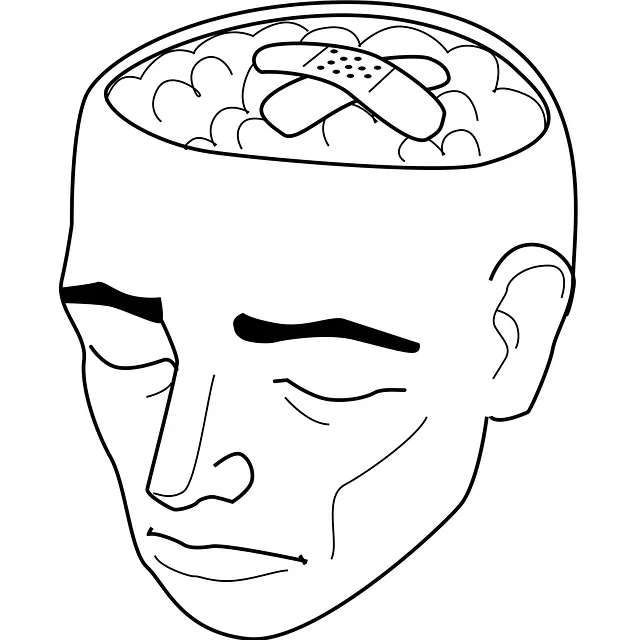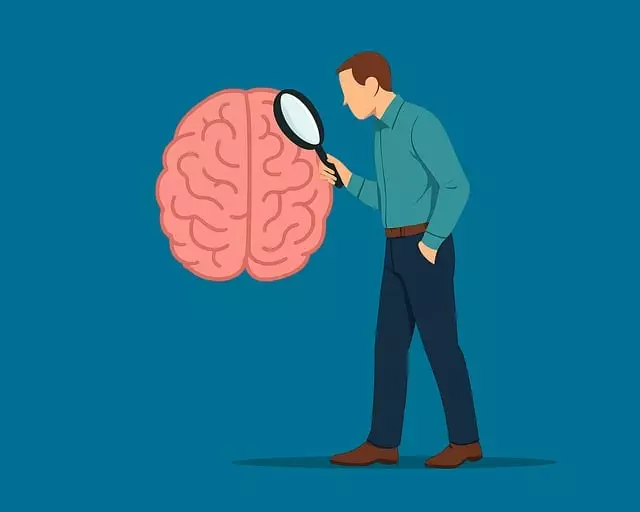In Greenwood Village, where Kaiser mental health classes are in high demand, cultural competency is crucial for effective healthcare delivery. These classes focus on educating professionals about diverse cultural practices and beliefs related to mental well-being, aiming to bridge gaps between providers and patients from various backgrounds. Through interactive workshops and engaging curricula exploring emotional intelligence, mindfulness, and stress management, the program enhances self-awareness, bias recognition, and communication skills. Evaluated through both quantitative measures (depression/anxiety assessments) and qualitative feedback (journaling, discussions), the classes' success enables Greenwood Village Kaiser to design tailored Mental Health Education Programs, fostering coping skills development and continuous mental wellness support.
In today’s diverse healthcare landscape, cultural competency is no longer an option but a necessity. This comprehensive guide explores critical aspects of healthcare provider training, focusing on mental health care delivery. We delve into the impact of cultural biases and present successful strategies, such as those employed by Greenwood Village Kaiser, to enhance communication and reduce disparities. Key components of effective programs are highlighted, along with evaluation methods for measuring progress, particularly emphasizing the significance of Greenwood Village Kaiser mental health classes.
- Understanding Cultural Competency in Healthcare: A Necessity in Modern Practice
- The Impact of Cultural Biases on Mental Health Care Delivery
- Greenwood Village Kaiser's Approach to Training: Unlocking Effective Communication
- Key Components of Successful Cultural Competency Programs
- Measuring Success: Evaluating the Effectiveness of Mental Health Classes
Understanding Cultural Competency in Healthcare: A Necessity in Modern Practice

In today’s diverse healthcare landscape, cultural competency is no longer an optional skill for providers; it’s a necessity. Cultural competency involves understanding and appreciating the cultural differences of patients and communities, which significantly impacts healthcare delivery, especially in areas like Greenwood Village where Kaiser mental health classes are in high demand. With a growing and increasingly diverse patient population, healthcare providers must be equipped to navigate complex cultural nuances to offer effective, sensitive, and inclusive care.
The integration of cultural sensitivity in mental healthcare practice is crucial for several reasons. It ensures that patients from various backgrounds feel understood and respected, fostering trust and open communication. This is especially vital in managing stress-related issues, as cultural factors can significantly influence how individuals cope with stress and seek support. Public Awareness Campaigns Development plays a significant role in promoting cultural sensitivity by educating both healthcare providers and the public about these important topics, ultimately improving access to quality mental health services for all.
The Impact of Cultural Biases on Mental Health Care Delivery

Cultural biases can significantly impact the delivery of mental health care, often leading to disparities in treatment outcomes. These biases, formed through societal influences and personal experiences, can cause healthcare providers to unconsciously stereotype or misjudge individuals from diverse cultural backgrounds. For instance, a provider’s preconceived notions about a patient’s behavior might hinder their ability to connect with them effectively, resulting in delayed diagnosis or inadequate treatment plans.
In Greenwood Village, Kaiser mental health classes focus on addressing these cultural biases by educating providers about the nuances of various cultural practices and beliefs related to mental well-being. Through these courses, healthcare professionals learn to recognize how cultural factors can influence symptoms like depression (Depression Prevention) and mood disorders (Mood Management). By fostering a deeper understanding and empathy for diverse populations, these classes aim to boost provider confidence in delivering culturally competent care, ultimately improving patient outcomes and satisfaction.
Greenwood Village Kaiser's Approach to Training: Unlocking Effective Communication

Greenwood Village Kaiser has pioneered an innovative approach to cultural competency training, focusing specifically on effective communication in healthcare settings. Their program delves into the intricate dynamics between diverse patient populations and providers, emphasizing the importance of understanding cultural nuances for improved care delivery. Through interactive workshops and engaging mental health classes, participants explore strategies to enhance self-esteem improvement and compassion cultivation practices, fostering an environment where every patient feels heard and respected.
The training encourages social skills training among healthcare providers, enabling them to navigate complex conversations with sensitivity and expertise. By recognizing the impact of cultural barriers on treatment adherence, Greenwood Village Kaiser equips its staff with the tools to overcome these challenges. This holistic approach not only improves patient outcomes but also creates a more inclusive and compassionate healthcare ecosystem.
Key Components of Successful Cultural Competency Programs

Effective cultural competency training programs for healthcare providers in Greenwood Village Kaiser mental health classes should incorporate several key components to ensure success. Firstly, they must offer a comprehensive curriculum that delves into diverse cultural backgrounds, beliefs, and practices. This involves interactive workshops, case studies, and role-playing scenarios to foster understanding and empathy among participants. By exploring these aspects, healthcare professionals can navigate complex patient interactions with enhanced cultural awareness.
Additionally, integrating emotional intelligence and mindfulness meditation techniques into the training regimen enhances overall sensitivity and communication skills. These practices promote self-awareness, helping providers recognize their own biases and emotions during patient encounters. Moreover, incorporating modules on anxiety relief strategies, such as deep breathing exercises or cognitive-behavioral techniques, can contribute to a supportive learning environment, enabling participants to manage stress effectively while offering quality care to patients from various cultural backgrounds.
Measuring Success: Evaluating the Effectiveness of Mental Health Classes

Evaluating the success of mental health classes is a crucial step in ensuring their effectiveness and impact on participants’ well-being. At Greenwood Village Kaiser, the approach to measuring success goes beyond simple attendance or satisfaction surveys. They employ a multifaceted strategy that includes pre- and post-class assessments to gauge changes in mental health status, utilizing validated tools such as depression and anxiety scales. This data provides valuable insights into the classes’ ability to enhance coping skills and promote mental wellness.
Additionally, the integration of qualitative feedback through journaling exercises and open discussions allows for a deeper understanding of participants’ experiences. By combining quantitative data with these reflective practices, Greenwood Village Kaiser can tailor their Mental Health Education Programs Design to meet the specific needs of their diverse population, fostering meaningful Coping Skills Development and supporting ongoing Mental Wellness Journaling Exercise Guidance.
Healthcare provider cultural competency training, as exemplified by Greenwood Village Kaiser’s mental health classes, is an indispensable tool for delivering equitable care. By addressing implicit biases and fostering understanding, these programs ensure patients from diverse backgrounds receive respectful, effective treatment. The success of such initiatives lies in comprehensive curricula that include education, role-playing, and ongoing evaluation, ultimately enhancing cultural sensitivity and improving patient outcomes. Moving forward, continued investment in cultural competency training will be crucial to navigating the complex healthcare landscape and providing services that resonate with all communities.


